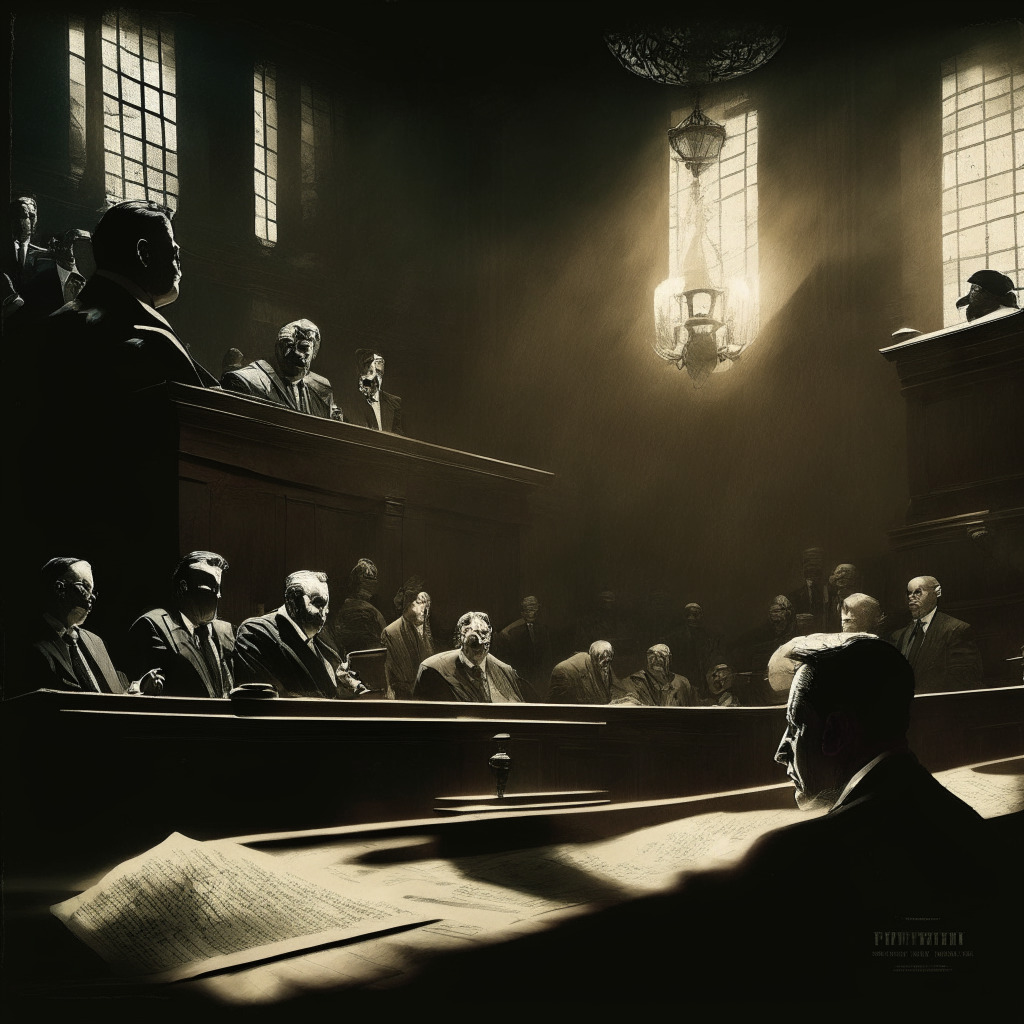A recent ruling by District Judge Analisa Torres of the U.S. District Court for the Southern District of New York has generated significant attention within the crypto community. The judge decided that the U.S. Securities and Exchange Commission (SEC) cannot seal documents related to former official William Hinman’s 2018 speech on cryptocurrency and securities in their ongoing lawsuit against Ripple, a company closely associated with the XRP cryptocurrency.
In the contested speech, the former SEC Director of Corporation Finance stated that in his view, ether was not a security. This information is highly relevant to the case and the judicial process, hence Judge Torres ruled against sealing these documents as it would not serve to preserve “openness and candor” within the SEC. However, the SEC will be allowed to redact names and personal information of people mentioned in the documents.
On the other hand, Ripple sought to redact an array of documents, such as contractual agreements, financial information, and other proprietary data. Interestingly, Judge Torres permitted many of these proposed redactions, agreeing with Ripple’s argument that they were targeted and specific. Yet, the judge did not approve of several other redactions that she deemed “overbroad,” particularly those pertaining to XRP.
One example of contentious redactions involved Ripple’s attempt to conceal information linking the company’s revenues with XRP sales. Additionally, the company tried hiding compensation details offered to trading platforms to list XRP. Furthermore, Ripple sought to redact the amount of XRP sales targeted at investors through programmatic and institutional sales.
While this recent decision brings further transparency to the ongoing legal battle between the SEC and Ripple, it also raises some important questions. Does the denial of the SEC’s request to seal documents set a precedent for future cases? Will the permission granted to Ripple for several redactions be subject to scrutiny, potentially giving an unfair advantage?
In conclusion, the ruling by District Judge Torres is undoubtedly attention-grabbing, with major implications for the legal landscape surrounding cryptocurrencies, as it divulges sensitive information to the public. This case will continue to interest crypto enthusiasts, as they keep a keen eye on the proceedings and further developments. Such legal disputes are crucial, not only to the future of Ripple and XRP, but also as they offer vital insights into how the space is regulated and adjudicated.
Source: Coindesk




